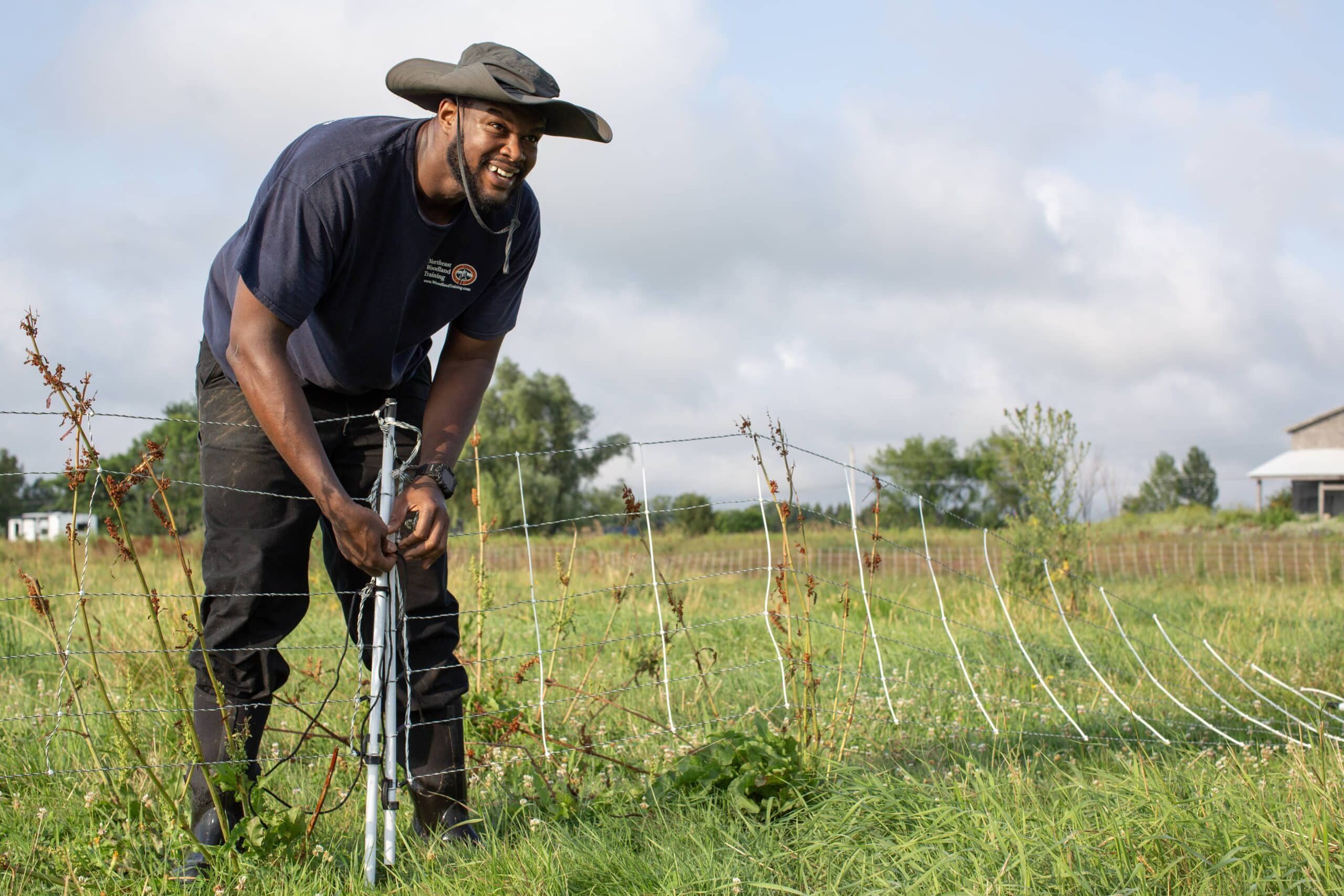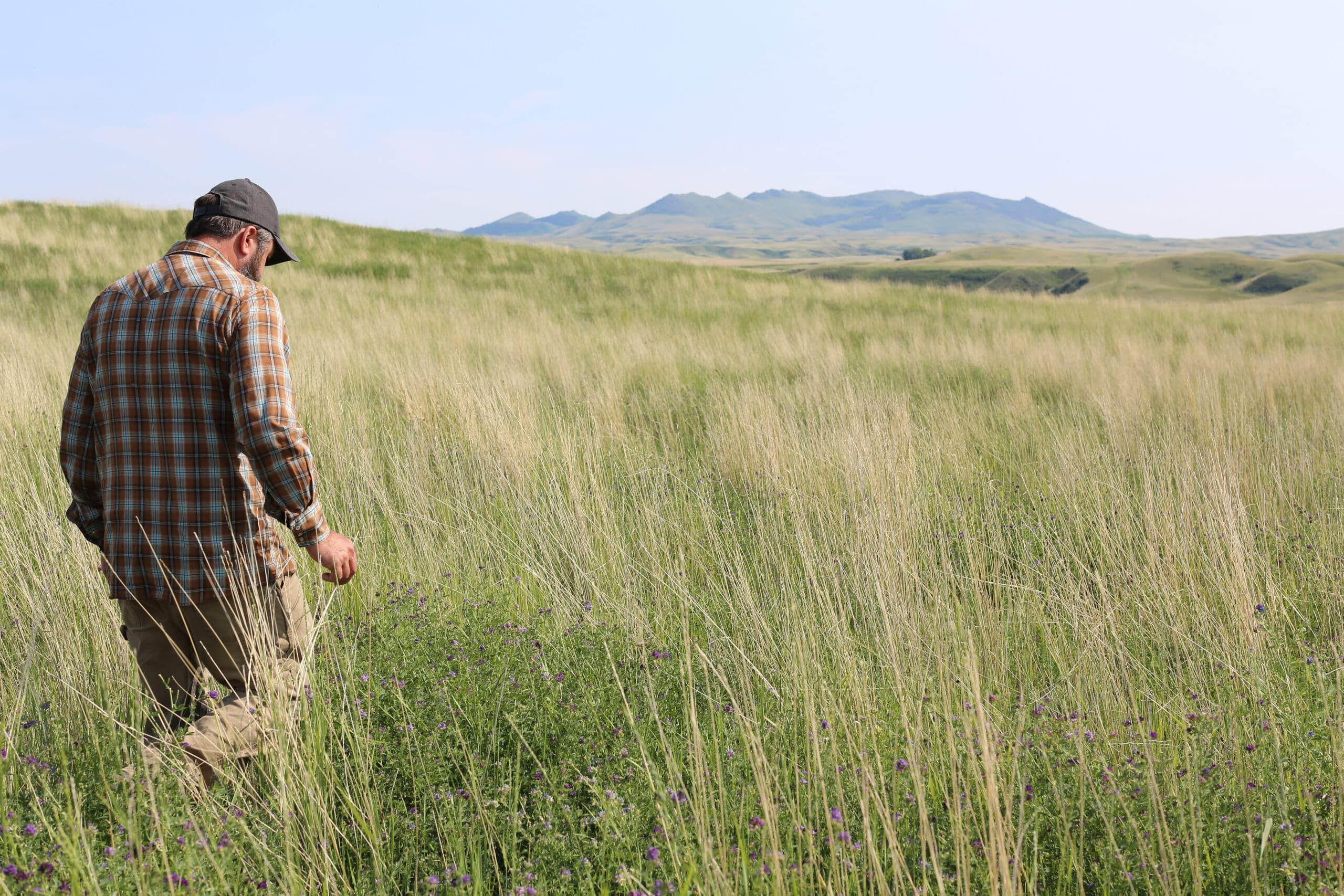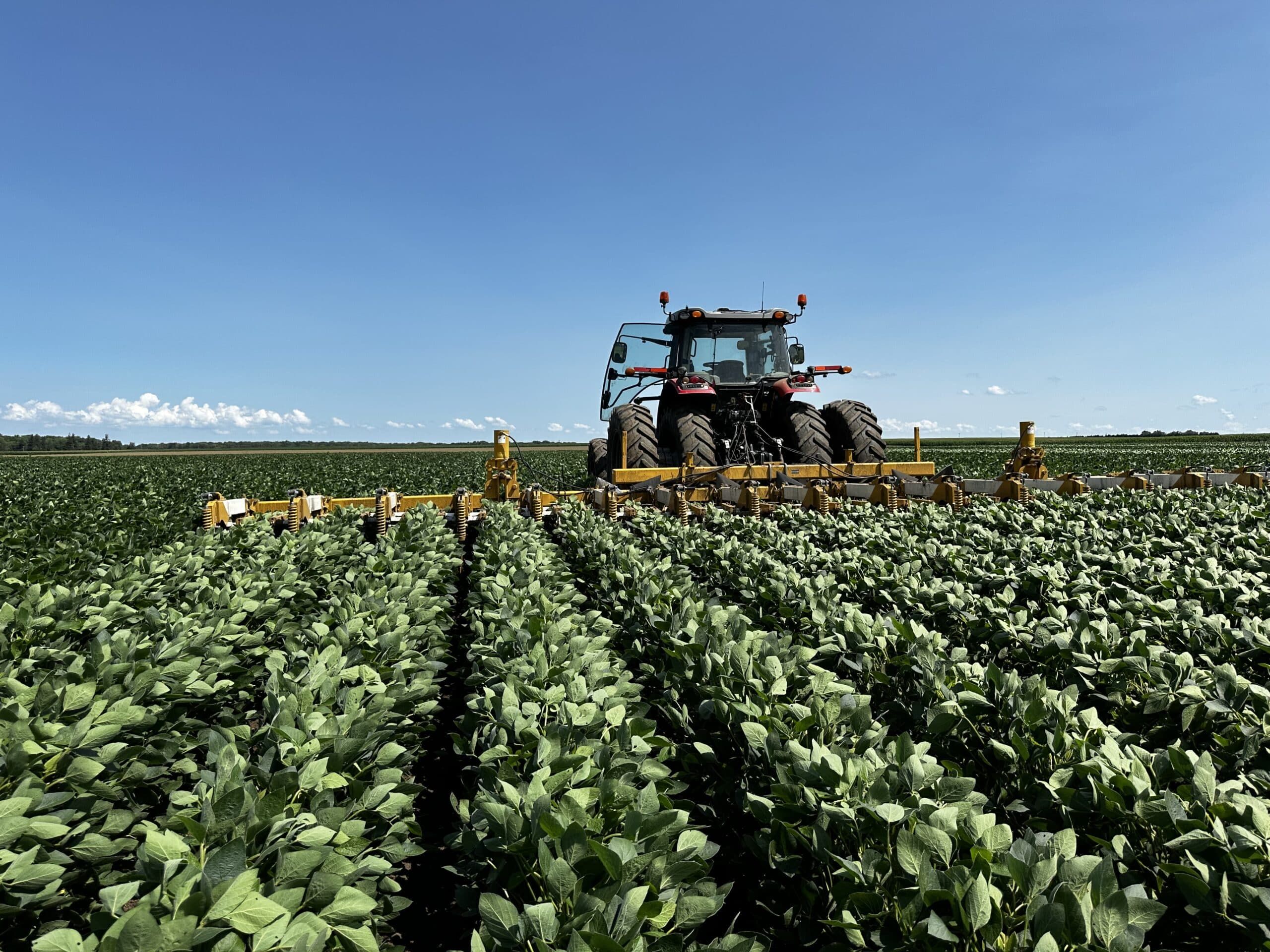BLOG
The Promises & Perils of Regenerative Agriculture
One of the most common questions we get asked is whether we differentiate between regenerative agriculture and organic agriculture when financing our farms. Our standard response is that the term “regenerative agriculture” is still in development and does not have a definition that is agreed upon across the industry. In contrast, we believe the USDA Organic certification offers a clear and comprehensive basis for farmers to participate and be distinguished in the marketplace.
That being said, we frequently work with farmers pursuing further certification that fit their operations, including Regenerative Organic Certification. Our portfolio currently includes farms that are Bee Better certified, Real Organic Project certified, and distinguished as a Savory Hub. Other farms in the portfolio are inspired by Biodynamic principles and are exploring that certification as well.
“Regenerative Agriculture Needs a Reckoning” by Joe Fassler is a thought-provoking article that discusses the lack of consensus on what constitutes regenerative agriculture and more. One particularly profound passage is highlighted below. We’d highly recommend reading through the entire article as Fassler considers the essence of regenerative agriculture and the social movements it impacts.
Make no mistake: In this [the conversation of defining “regenerative”], something crucial is being negotiated. The debate over what regenerative agriculture means, and who gets to decide, spills over into the issues we care most about. It touches on our changing relationship to science and technology, on access and antitrust reform, on workers’ rights and racial injustice, on conceptions of the natural world and our place in it. It’s a conversation that forces you to draw a bigger circle, only to realize that circle isn’t big enough.
Let’s say, at heart, everyone agrees on one thing: Regenerative agriculture means farming in a way that makes the whole world better. If that’s the case, maybe the most telling thing isn’t your attitude on cover cropping or rotational grazing. Maybe the most telling thing is how large you think the whole is, and who and what gets to benefit from inclusion in it.




